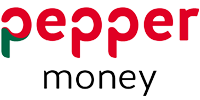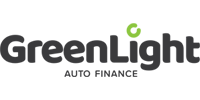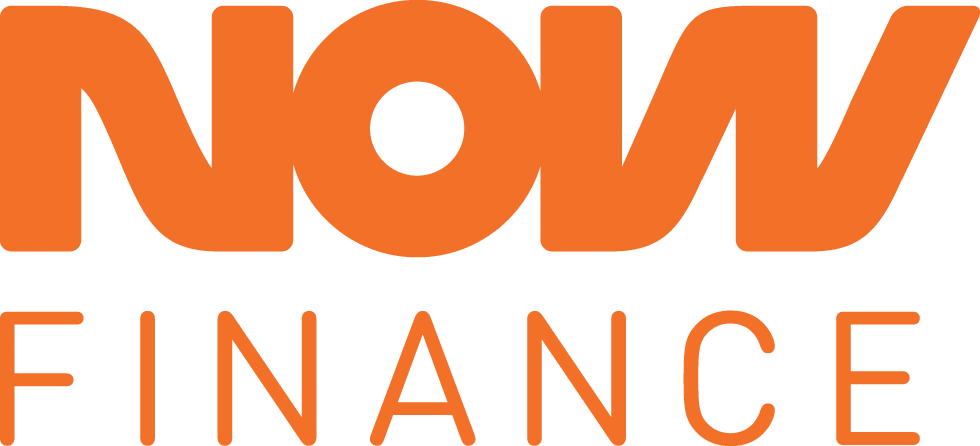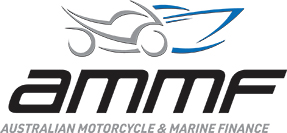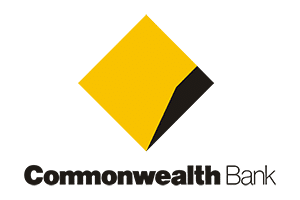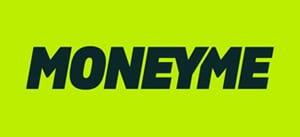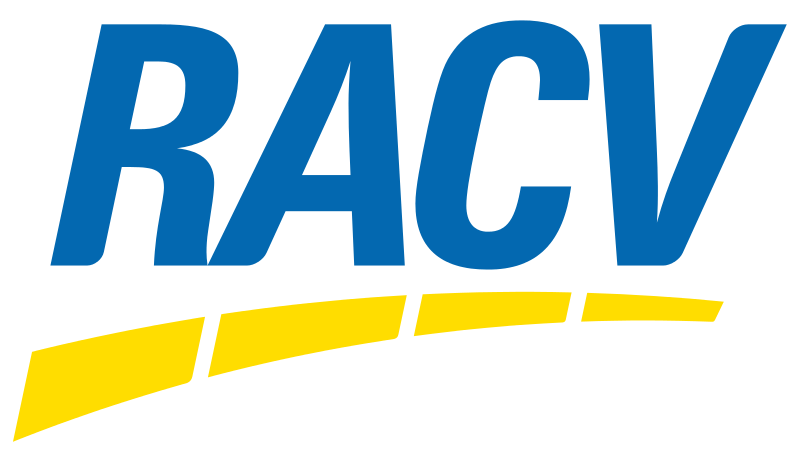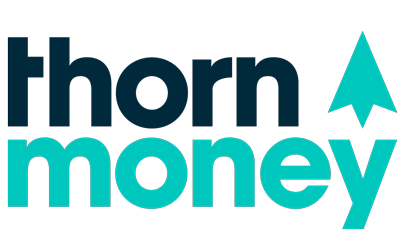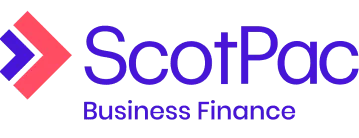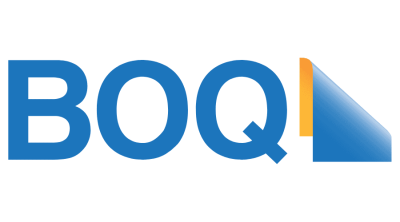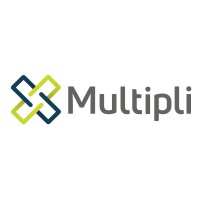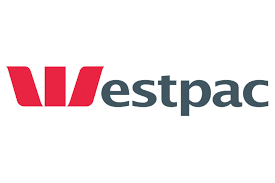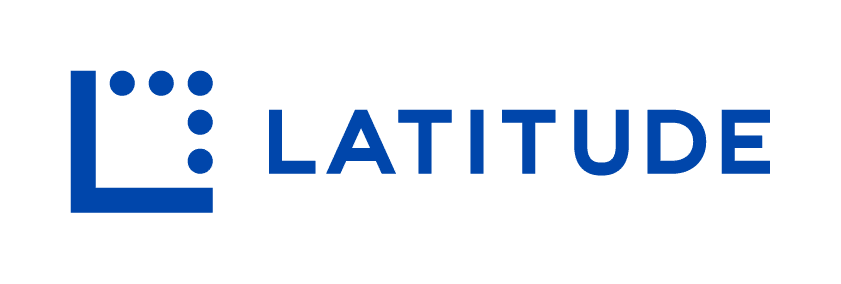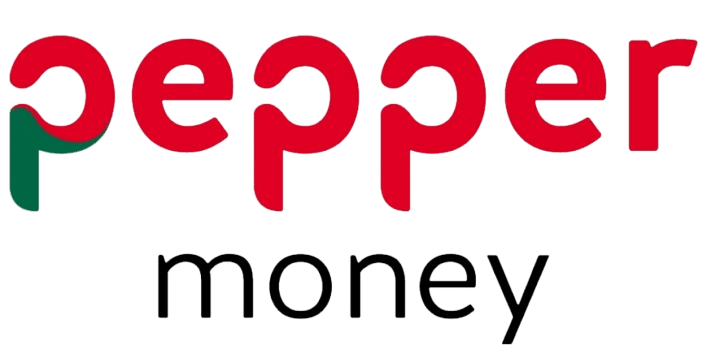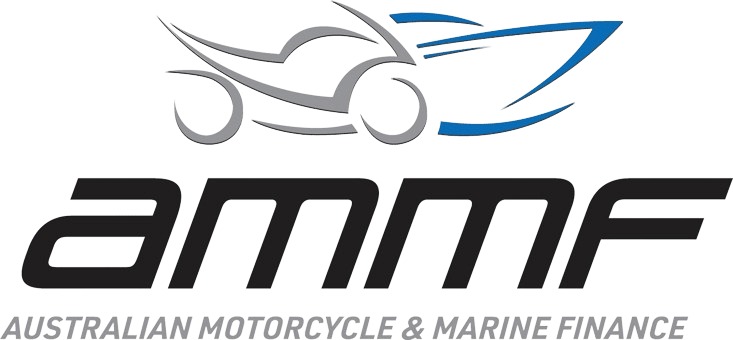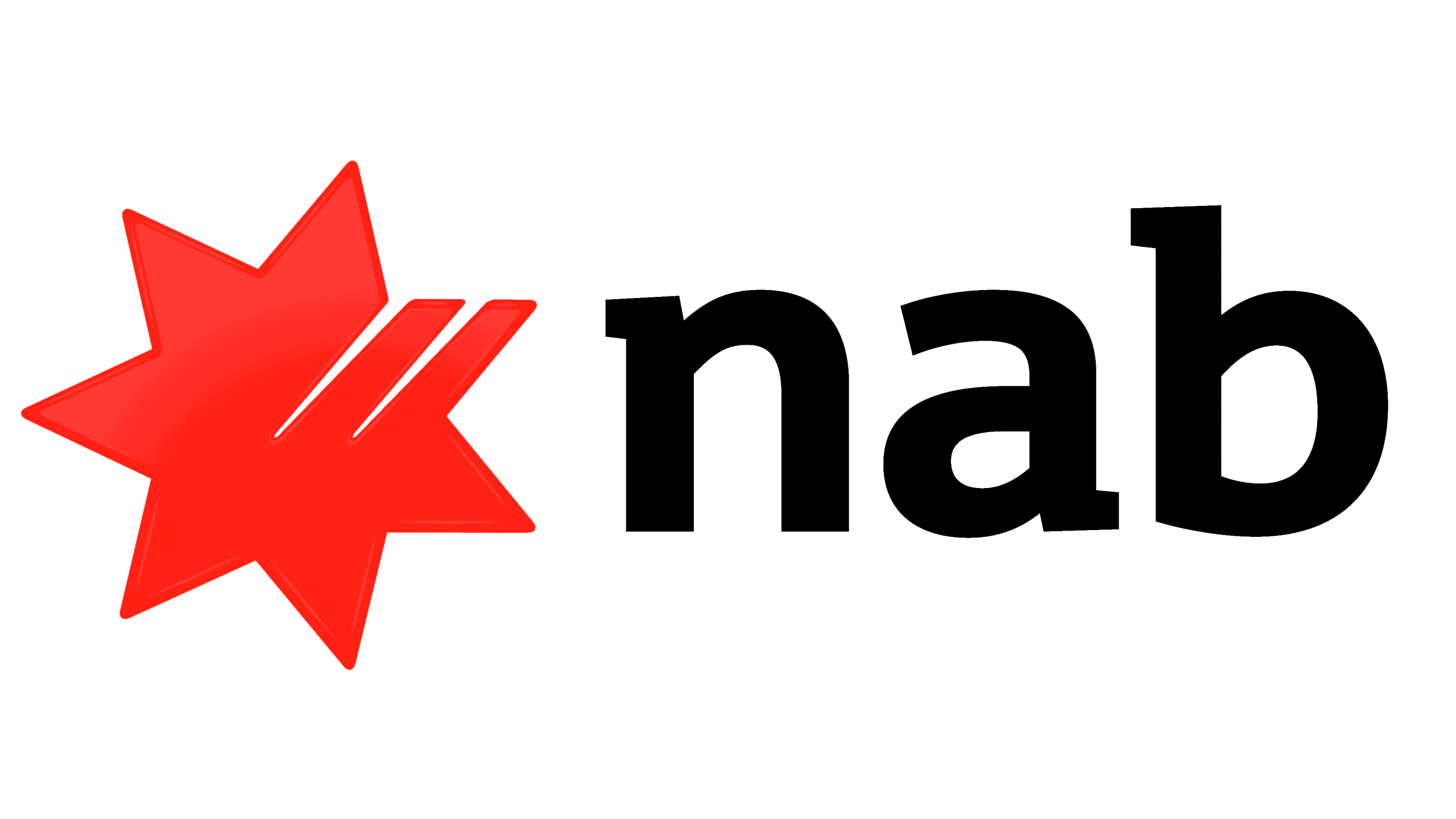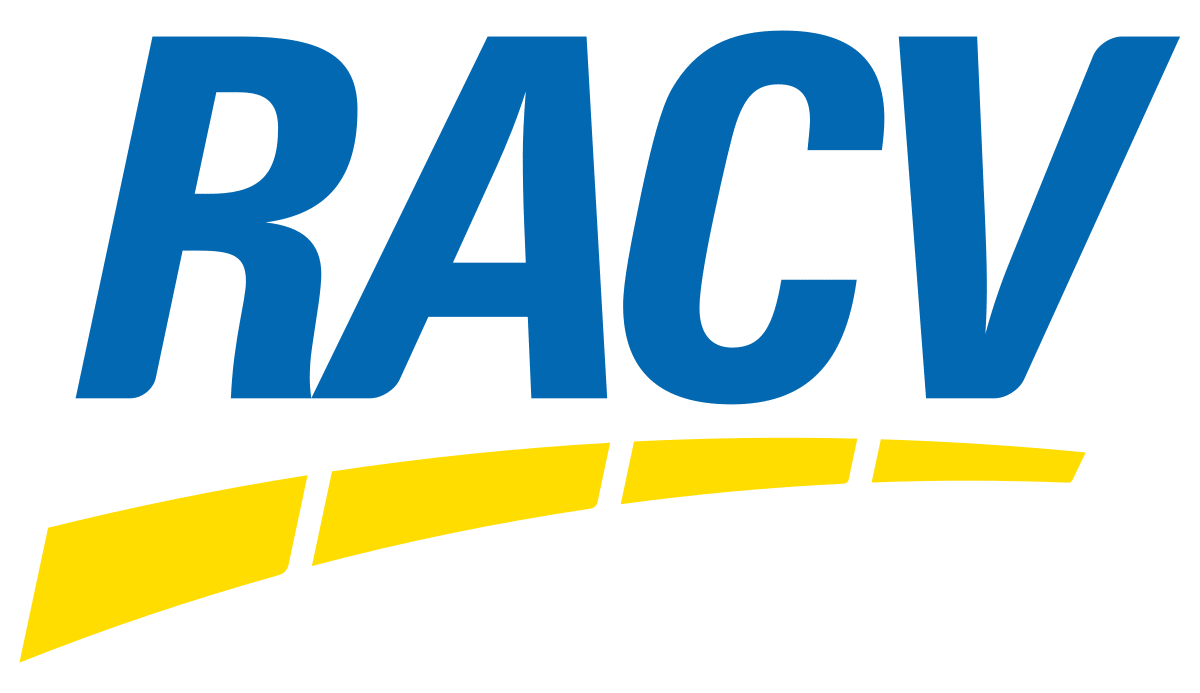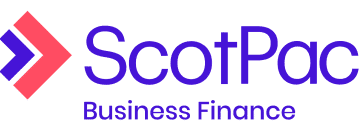Car Lease Melbourne
More products from more providers, more choice. Find tax-effective car leasing and finance solutions in Melbourne with Savvy today!
Author
Bill TsouvalasFact checked

Car leases are a cost-effective route to accessing the vehicle you need for your business, whether you live in Melbourne, nearby Geelong or Ballarat or more rurally. The main advantage is in their tax savings. Car lease structures offer GST-free vehicle prices and all repayments are tax-deductible.
Melbourne businesses can access a few different products when it comes to leasing a vehicle, and there are alternatives too. Fortunately, comparing all your car finance options is easier than it sounds. Savvy makes shopping for car finance achievable, because we do the searching for you, and we’re with you every step of the way to help with your application. Get a free, no-obligation quote with us today!
Car lease options explained
Finance lease
A finance lease presents Melbourne businesses with one of the most tax-friendly ways to buy a vehicle. Its payments are tax-deductible (for the business portion of your car’s usage) and the purchase price of the car is GST-free, which is passed on to you by your leasing company.
When the lease agreement finishes, ownership of the vehicle is transferred to you, allowing you to choose from the following options:
- Pay the residual amount (which is based on the car’s depreciation during the term) and own the vehicle.
- Refinance the residual to continue the lease and keep using the same vehicle.
- Sell or trade in the car to cover the residual and begin a new lease agreement.
- Sell or trade in the car to cover the residual and end your agreement.
In terms of how they work, terms run from 12 months to five years and running costs for your vehicle, such as car registration, insurance and servicing, are required to be organised and paid for by you (known as non-maintained leasing). Also, as is the case with all leases, payments do not accumulate equity in your car; you’re only paying for the ability to use it throughout your agreed period.
Operating lease
Like a finance lease, an operating lease comes with tax-deductible regular, fixed payments and run for between one and five years. However, one of the key differences is that running costs are included in your payments and organised by your leasing company. This means the following can be included in your payments:
- Vehicle registration
- CTP insurance
- Comprehensive car insurance
- Maintenance
- Fuel
- New tyres
The other main difference comes at the end of your lease. Unlike finance leases where ownership of the vehicle is transferred to you and you’re able to decide what to do with it, you can simply hand back the car at the end of an operating lease. This means the risk of obsolescence lies with the leasing company, rather than your business.
Melbourne businesses with more than one car can essentially outsource the management and administration of their fleet with operating leases, although that works with just one vehicle too. Many larger companies use operating leases because they save people hours, as well as enable businesses to turn over vehicles more quickly so they can use the newest models; however, many sole traders and small business owners also use them.
Novated lease
Novated leasing is a different type of lease arrangement. This is an agreement that involves you, your employer and your leasing company. The process is like this:
- Your leasing company purchases the vehicle.
- Your employer leases the vehicle from your leasing company.
- Your employer gives the vehicle to you to use, deducting the lease payments from your pre-tax income and paying your leasing company on your behalf.
Unlike finance or operating leasing, novated leasing isn’t a commercial product, with employees able to access it and use it for private purposes up to 100% of the time. The primary benefit is the salary sacrificing or packaging element, meaning the income tax you’re required to pay is reduced because your taxable income is lower.
Novated leases do have similarities to the other commercial leasing types, though. They’re available over one to five years, have claimable GST on the purchase of the vehicle (as well as its running costs) and come with non-maintained and fully maintained options. However, you’ll have to keep an eye on the Fringe Benefits Tax (FBT) which can apply to novated leases.
Chattel mortgage – car lease alternative
Chattel mortgages represent an excellent alternative to car leases for some businesses. They’re a commercial finance product, so they aren’t available to private buyers, and work in much the same way as a standard car loan. They’re a form of secured vehicle finance, meaning you own the car from the start of the agreement.
However, chattel mortgages have some unique and very cost-effective features, as well as some attractive GST benefits. Here’s how they work, as well as the tax benefits you may be able to enjoy:
- Businesses can claim back all the GST applied to the purchase price when they file their next business activity statement (BAS)
- All repayments are GST-free
- The entire residual amount is GST-free
- Businesses can claim the interest portion of all repayments
- Businesses can also claim depreciation of the vehicle
- Agreement terms run from 12 months up to seven years
If you decide that buying your vehicle is the best option for your business, rather than leasing it, you can get a free, no-obligation chattel mortgage quote with Savvy today!
Why choose Savvy?
More choice
Savvy works with more specialist vehicle finance providers to bring you a wider choice of products and services, at cheaper rates.
Guidance from the experts
Savvy’s expert finance brokers work hard to target the right financiers for your business' needs, goals, and requirements.
Fast, efficient and online
You can submit a quick, no-obligation quote online today and we'll work to have it turned around before you know it!
What our customers say about their finance experience
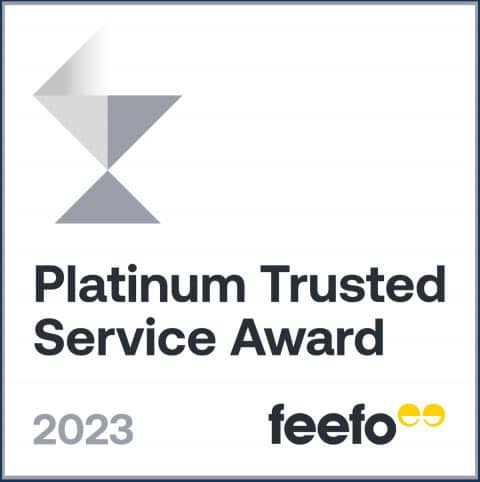
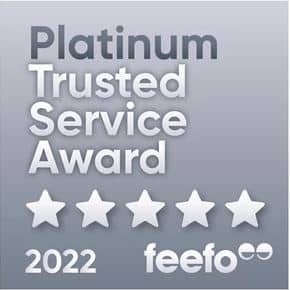
Savvy is rated 4.9 for customer satisfaction by 3542 customers.

The pros and cons of car leases in Melbourne
PROS
Greater cashflow freedom
Businesses don’t tie up valuable working capital in vehicles.
Tax benefits
Huge tax savings over the course of a lease agreement, with tax-deductible repayments.
GST-free car purchases
With a finance lease, businesses can buy a car without paying GST.
Flexibility to choose the maintenance level
Fully maintained packages minimise admin and maximise convenience, while non-maintained leases allow more choice over your costs.
CONS
No depreciation claimable
Businesses can’t claim depreciation on vehicles they don’t own.
No full control over vehicles
Because your leasing company owns the car, you can’t usually modify vehicles after they’ve been purchased.
Potential usage caps
Operating lease deals may feature usage limits.
Insurance may cost more
Insurance requirements for leased vehicles are usually higher.
Some of your most frequent Melbourne car lease questions
Yes – there are novated leasing companies in Australia who can offer leases for used vehicles, provided they satisfy the eligibility criteria set in place by the company (such as age and value). However, this is less common with commercial leases.
Yes – if you want to upgrade vehicles more frequently and completely offload the risks of ownership and disposal, and if you’d benefit from bundling running costs and admin into the finance package, an operating lease is probably your ideal solution. As mentioned, finance leases generally don’t include operating costs and administration, although the term durations are similar and even though there’s an obligation to pay the residual down, you can still upgrade your car at that point.
No – the outstanding financial benefits of using a car lease are connected with GST and tax. While you can’t claim depreciation, you can save tens of thousands of dollars over the course of a car lease term. Depreciation can be claimed if you own the vehicle, such as under a chattel mortgage agreement.
It can be challenging to get a competitive car lease if you or your business have bad credit. At best, that’s going to mean high car lease interest rates, while at worst, it could result in a rejection. However, Savvy works with financiers who can offer competitive bad credit car finance. That’s because with secured loans, the lender uses your vehicle as collateral against your borrowing until you finish paying the loan back – and that keeps the risk and interest rates lower. As a result, you may end up having more options for secured loans than leases, but it's important to compare your options thoroughly.
A residual value, residual payment or balloon payment is a lump sum attached to the end of a car lease. It works in a similar way to a deposit, but it's paid at the conclusion of your agreement, meaning your repayments will be lower but the interest charged overall will be higher.
With car leases, residuals are set according to ATO rules and based on the term of the lease. That’s because it’s there to account for the vehicle’s depreciation during the term. It’s why lease payments tend to be lower than with a straight car loan – because you only pay down the value of the car for the period you use it. The residual covers the rest from the lessor’s point of view.
If you’re waiting on your latest tax return or don't have all the financials you need, Savvy’s consultants will likely direct you toward a low doc car finance solution. These are based on the chattel mortgage model, meaning they still come with tax advantages.
Apart from the obvious advantage of canvasing a broader selection of lenders and products, Savvy’s expert car finance consultants can guide you through the car finance process, help with documentation and qualification requirements, and generally navigate applications more quickly. That means you jump fewer hoops and end up with more time to do what really matters– which is to grow your business.
Brands you can trust


